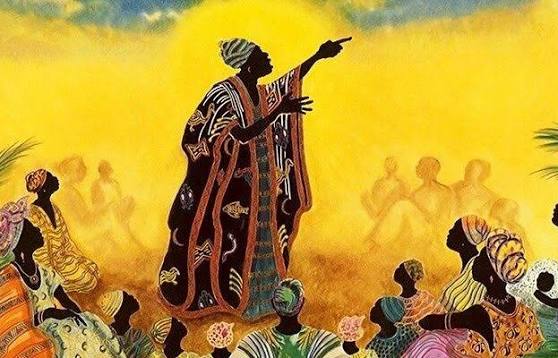The Biafran Story: Memory, Loss, and the War That Still Haunts Nigeria.
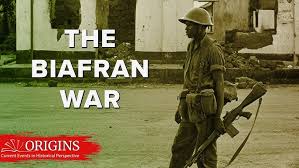
Introduction
In the sunset glow of Eastern Nigerian evening, many elderly individuals still sits outside their home. some with their eyes, dim with age, still reflect the flicker of a past they cannot forget and as the sun dips, the memory of smoke, hunger, grief, and fight returns, not as history, but as pain passed quietly from parent to child. That pain lives in stories of mothers digging through wreckage for food, of fathers lost in war, of children who knew hunger as their bedtime lullaby.
That war was the Nigerian Civil War (1967-1970), the Biafran War. Its legacy is etched not just in monuments or history books, but in the torn fabric of identity, in the fractures of trust, in the simmering questions of belonging. After more than fifty years since the declaration of the Republic of Biafra, the country still wrestles quietly with unity. The wounds still bleed.
In recent years, Nnamdi Kanu’s case, and the spirited revival of Biafra hope, have reignited both longing and division. As Nigeria struggles for inclusive governance, the question echoes: can acknowledgment, justice, and reform heal what war shattered?
The War That Was: Causes, Toll, and Silence
The Biafran conflict did not spring without provocation. In 1966, Nigeria convulsed with coups, counter-coups, ethnic massacres. Igbos in the North faced pogroms; trust collapsed. In May 1967, Chukwuemeka Odumegwu Ojukwu declared the secession of the Eastern Region as the Republic of Biafra. What followed was a brutal war: blockades, famine, massive civilian casualties. Conservative estimates place the death toll around one to three million, largely from starvation and disease, not just battlefield deaths. Food and medicine were weapons; civilians were victims.
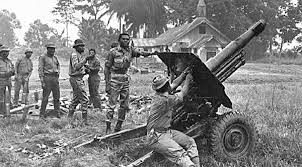
The war ended in January 1970 when Biafra surrendered, exhausted and starved. But defeat did not end memory. Much of the war’s human suffering went unspoken in post-war Nigeria. Official narratives leaned toward “unity at all costs,” with former head of state Yakubu Gowon calling the war “a difficult necessity” to preserve Nigeria’s unity. Forgiveness was preached; trauma was often buried.
But silence has a cost. For decades, many Igbo felt excluded, silenced in national stories, under-represented in power, and reminded of past betrayals: from initial coups that targeted Igbo leaders, to suspicion, to distrust. The memory of loss, homes destroyed, economy collapsed, lives wasted—remains sharp among families who still expect apologies and recognition.
Nnamdi Kanu & Biafra’s Resurgence of Hope
Into this quiet longing steps Nnamdi Kanu, the leader of Indigenous People of Biafra (IPOB). Born the same year the war started, Kanu symbolizes a renewal of Biafra’s voice in modern Nigeria. His movement urges regional self-determination, speaks to grievances about marginalization, economic neglect, and identity. His trial, detention, and legal wrangling have kept alive the questions: what was promised in Nigerian unity? Has inclusion ever been real?
Recent court developments show that Kanu remains charged with terrorism and treason. He was arrested in 2015, fled, re-arrested in Kenya in 2021, then extradited to Nigeria. His trial has experienced many delays. In 2025, the Federal High Court in Abuja closed the prosecution’s case; defendants argued that the evidence did not support his needing to defend. Yet, the trial continues under judicial pressure.
For many Igbo youth, Kanu is not just a separatist leader; he is a mirror of decades-old injury: the coup massacres, famine, political marginalization. His supporters say his case is less about law and order, and more about recognition. For them, his voice is the hope that Nigeria will one day stop asking, "are you part of this country?" and start proving it.
The Lessons Nigeria Must Learn: Unity, Justice, and True Inclusion
What Nigeria must do now, if it wants to move from fractured memory to lasting unity, requires more than speeches. It requires courage, reform, and empathy.
1. Truth & Reconciliation
Without an honest accounting of what happened during the war, who killed whom, who suffered how much, and who bore institutional betrayal, there can be no healing. The country needs a credible, independent commission of truth that includes Igbo voices, victims, historians, and civil society. Not to rehash blame, but to build shared memory and acknowledgement.
2. Educational Reform
Schools still often present a single narrative: that of the “Nigerian Project,” centered on national unity. But history curricula must include Biafran perspectives: famine, the role of coups, civilian suffering, the regional dimension of post-war marginalization. When every child in Nigeria knows the story (not one side’s version), empathy and understanding will grow.
3. Political and Economic Inclusion
Eleven states in Southeastern Nigeria often complain of under-investment, poorer infrastructure, fewer federal appointments, and weaker political representation. Ensuring fair distribution of resources and positions is not charity, it is necessary for legitimacy. Appointments, infrastructure projects, development funds must reflect population, need, and equity.
4. Judicial Modesty & Fairness
The case of Nnamdi Kanu must be handled transparently, fairly, and according to law, not political expedience. Detention without fair trial, delayed proceedings, use of laws with questionable jurisdiction, and extra-judicial renditions feed suspicion. The judiciary must be strengthened for independence; prosecution of political cases must be above reproach.
5. Dialogue & Regional Autonomy
Unity does not require uniformity. Nigeria might explore stronger federalism or regional autonomy—allowing states/sectors to administer certain affairs. This would reduce centralized alienation. Dialogue with community leaders, traditional rulers, youth, and civil society in the Southeast must be genuine, respectful, and ongoing.
Why the Past Still Matters
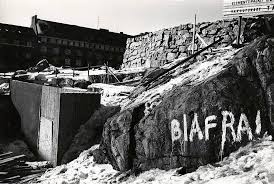
The Biafran war isn’t just historical, it shapes daily life.
Many Southeastern youths feel the post-war “othering” still: in people’s rhetoric, in media portrayals, in economic opportunities.
The grief of loss—of ancestors, of heritage, of homes—is passed on. When war-era soldiers die, so too does the memory of what they fought for.
The fear: will history repeat when power imbalances persist? When inequality is felt but not addressed, when states seem distant rather than belonging.
When people believe they are second-class within their own country, secession or agitation becomes appealing, not because division is the goal, but because recognition, dignity, and fairness feel remote.
Conclusion: A Path Forward Through Memory
Nigeria stands at a crossroads. It can hold tight to a fragile veneer of unity built on silence and denial—or it can embrace its wounds and heal. The story of Biafra demands more than remembrance; it demands justice, dialogue, and structural reform.
Nnamdi Kanu and IPOB have emerged as voices calling for inclusion, not always for conflict. But inclusion requires more than symbolic gestures. It requires institutional honesty, policy shift, equitable resource distribution, legal fairness, and educational truth.
If Nigeria truly wants unity, it must show that every citizen—regardless of ethnicity, region, or background—is part of the same nation not just by geography, but by dignity. Memory must lead to reform; loss must lead to unity. Otherwise the war that ended in 1970 will continue to haunt in silence.
You may also like...
Leaving to Stay Alive: The People Who Walked Away Before Work Killed Them

Across Africa, a silent revolution is unfolding, professionals are quitting toxic jobs to reclaim peace, purpose, and me...
Young Africans Rewriting the Rules of Innovation
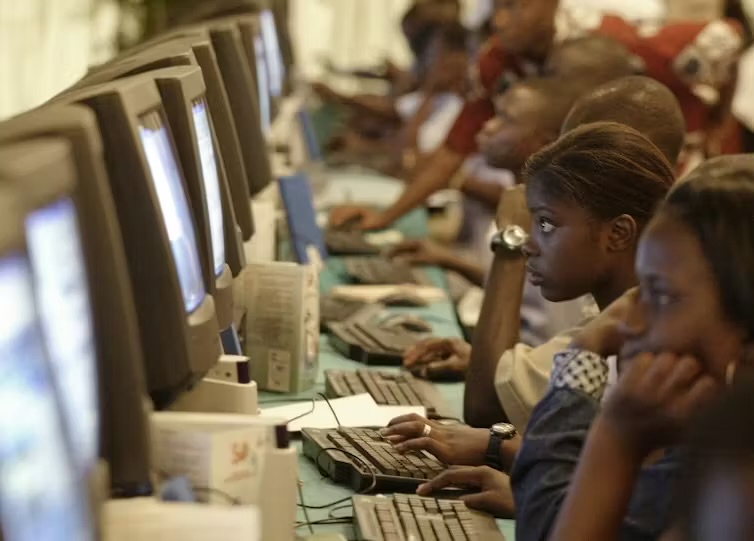
From Kenyan classrooms to global robotics labs, young Africans like Nelly Cheboi and Silas Adekunle are redefining innov...
The Biafran Story: Memory, Loss, and the War That Still Haunts Nigeria.

Can Nigeria move beyond the memory of the Biafran War to rebuild real unity? read about what inclusive governance must m...
Nigerian Tech Founders Who Redefined Innovation in Africa

Meet ten Nigerian tech founders redefining innovation in 2025, from fintech, to edtech and ease of access to the interne...
The Hidden Workforce Behind Your Apps
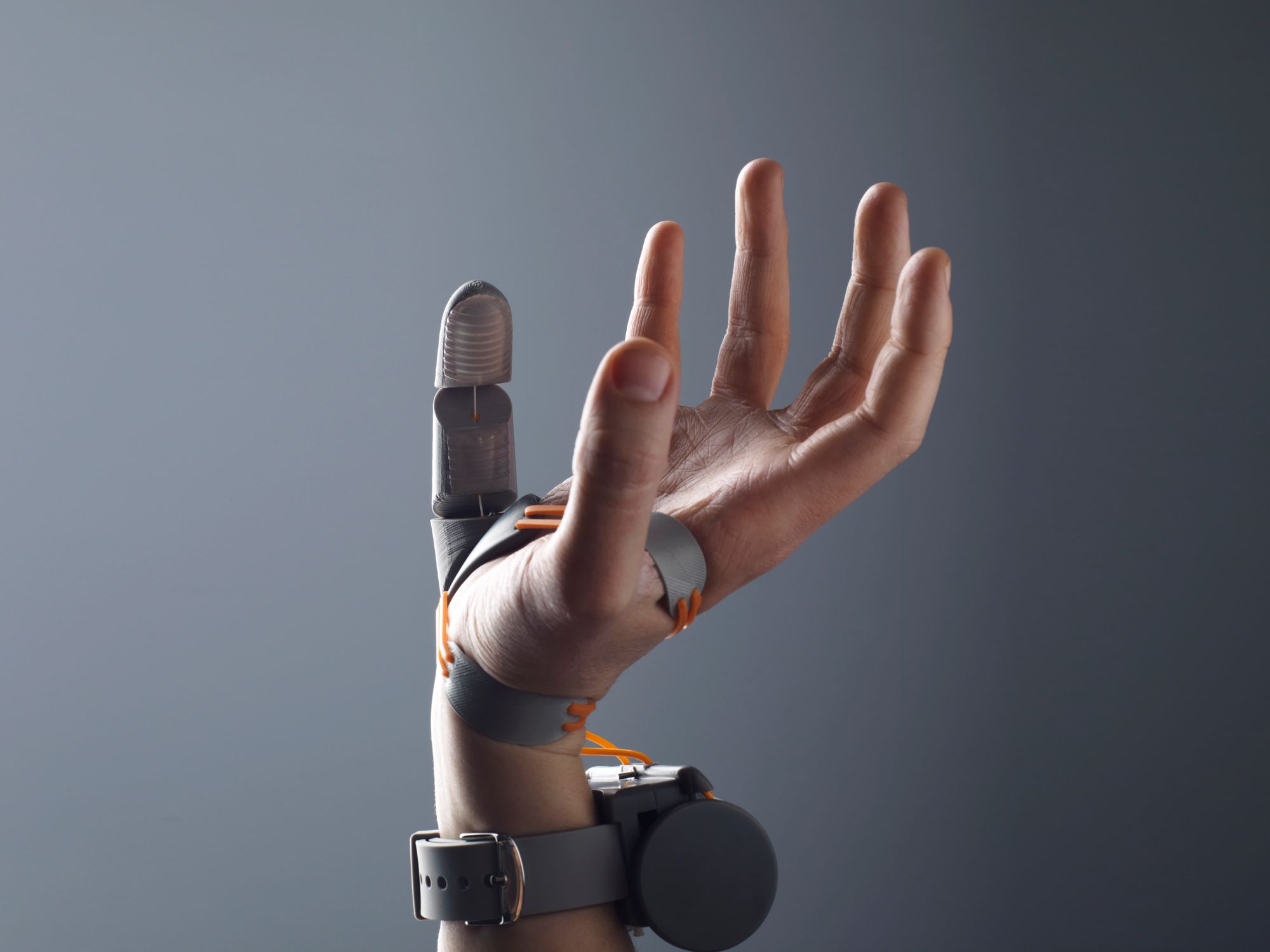
Invisible hands power the digital world: African data labelers, content moderators, and gig workers keep AI and apps run...
The Bridge Generation: How Young Africans Are Balancing Employment and Self-Employment
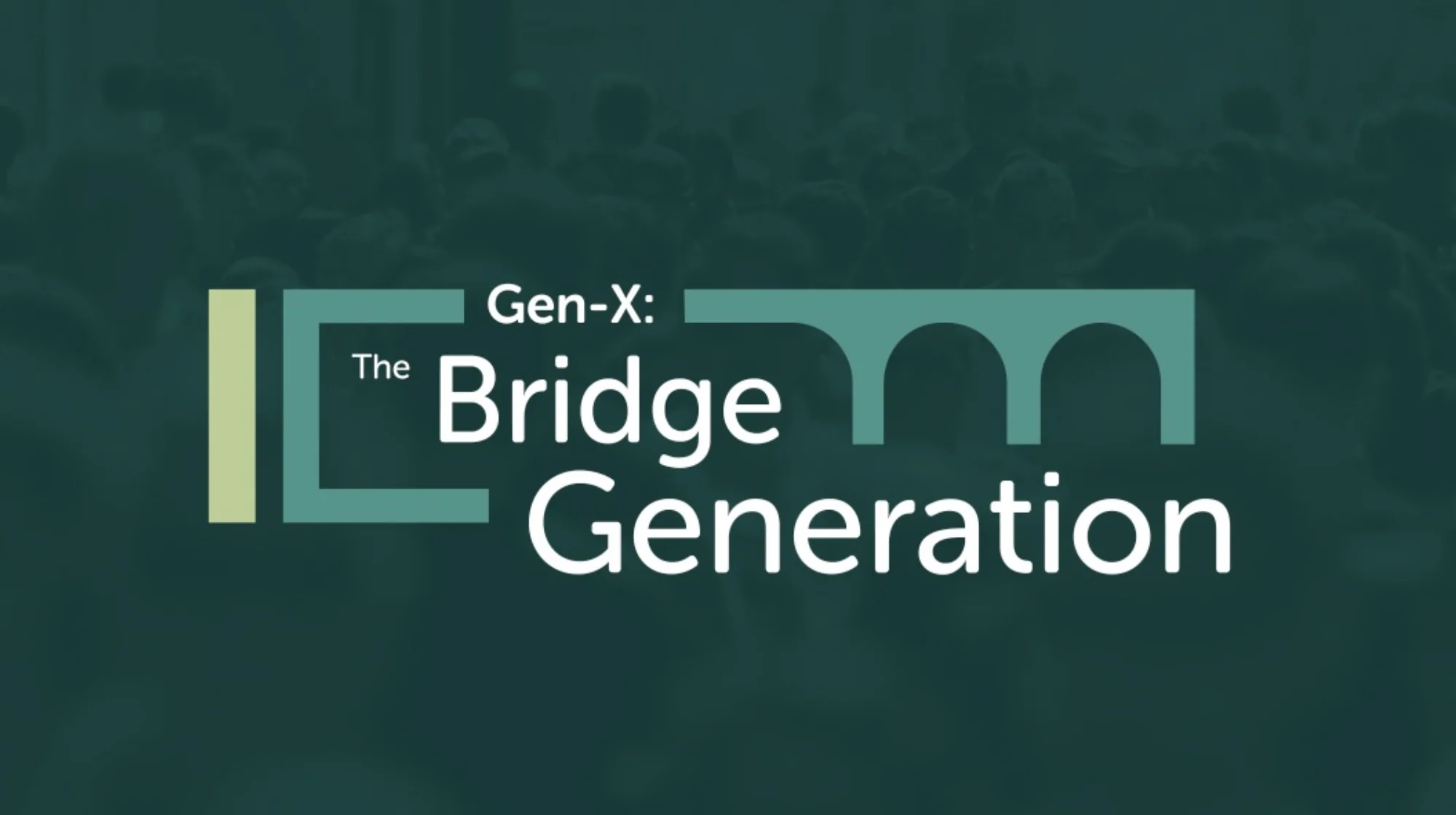
There are teachers who code, bankers who podcast, and nurses who sell online. Meet the bridge generation redefining what...
The Globalization of African Fashion: From Local Roots to Global Runways.
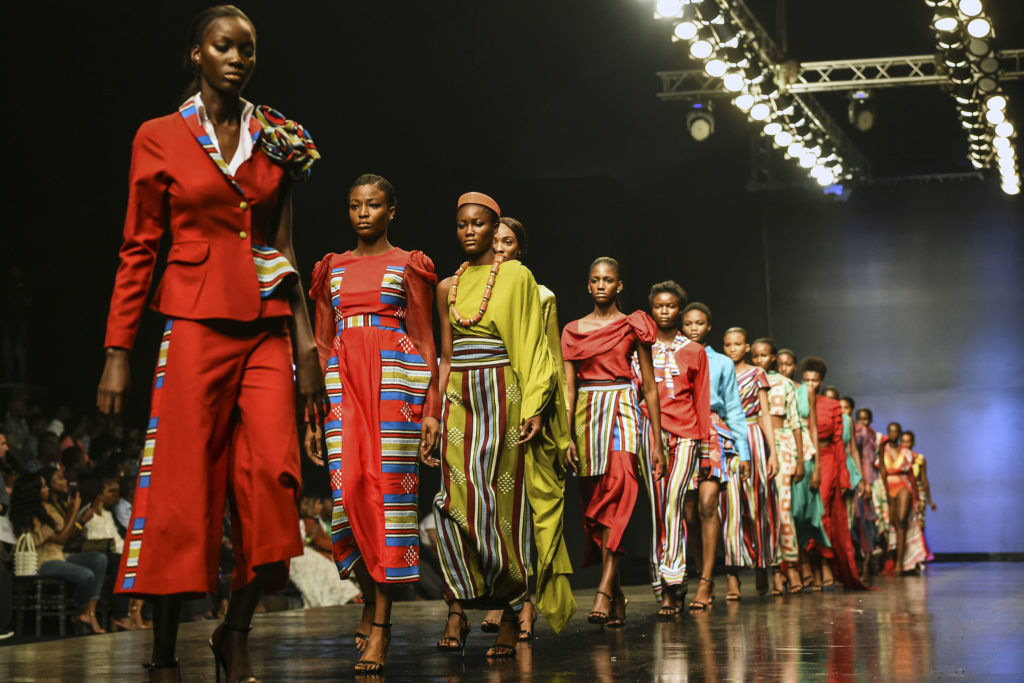
African fashion and its designers are taking the world by storm, proving that what began as tradition is now the future ...
The Biafran Story: Memory, Loss, and the War That Still Haunts Nigeria.

Can Nigeria move beyond the memory of the Biafran War to rebuild real unity? read about what inclusive governance must m...

